Grammar and Punctuation
The grammar of our first language is learnt naturally and implicitly through interactions with other speakers and from reading. Explicit knowledge of grammar is, however, very important, as it gives us more conscious control and choice in our language. Building this knowledge is best achieved through a focus on grammar within the teaching of reading, writing and speaking. Once pupils are familiar with a grammatical concept [for example ‘modal verb’], they are encouraged to apply and explore this concept in the grammar of their own speech and writing and to note where it is used by others. Young pupils, in particular, use more complex language in speech than in writing, and teachers build on this, aiming for a smooth transition to sophisticated writing.
The vocabulary, punctuation and grammar table linked below shows when concepts are introduced, not necessarily when they should be completely understood. Therefore, content covered in earlier years is revisited in subsequent years to consolidate knowledge and build on pupils’ understanding. Teachers can also go beyond the content set out if they feel it is appropriate.
The meaning of grammatical terms that pupils are taught are set out in the Glossary of Terms, also linked below.
Vocabulary, grammar and punctuation table– Years 1 to 6
At Benton Dene Primary, we utilise a variety of strategies to effectively teach grammar. One popular strategy is the use of songs. Please find below a selection of some spelling, punctuation and grammar videos we use in our lessons to enjoy at home.
EYFS
|
Focus |
Link |
|
Common Exception Words |
|
|
Capital Letters and Full Stops |
The Capital Letters and Full Stops Song (A MUST for any KS1 class!) |
|
Blending Song |
|
|
Blending Song |
Year 1
|
Focus |
Link |
|
Conjunctions |
|
|
Sentence Types |
The Statement, Command, Question, Exclamation Sentences Song |
|
Parts of a Story |
|
|
Capital Letters & Full Stops |
The Capital Letters and Full Stops Song (A MUST for any KS1 class!) |
|
Question sentences |
|
|
Exclamation Marks |
The Exclamation sentences Song! (What an amazing song this is!) |
|
Nouns, Verbs and Adjectives |
|
|
Nouns |
Year 2
|
Focus |
Link |
|
Sentence Types |
https://www.youtube.com/watch?v=n_foMADqjSc |
|
Possessive Apostrophe |
Using apostrophes to show belonging - English - BBC Bitesize |
|
Contractions |
|
|
Verb Rap |
|
|
Adverbs |
Year 3
|
Focus |
Link |
|
Plurals s/es/ies/irr |
|
|
Prepositions |
|
|
Inverted commas / Direct Speech |
|
|
Alliteration |
|
|
There, Their and They’re |
|
|
Apostrophe |
|
|
Similes |
|
|
Synonyms |
|
|
Vowels and Consonants |
Year 4
|
Focus |
Link |
|
Pronouns |
|
|
Inverted Commas |
|
|
Paragraphs |
|
|
Plural Possessive apostrophe |
|
|
Fronted Adverbials |
|
|
Adverbs and Adverbials |
Year 5
|
Focus |
Link |
|
Fronted Adverbials |
https://www.bbc.co.uk/bitesize/topics/zwwp8mn/articles/zp937p3 |
|
Cohesion |
|
|
Brackets, Dashes, Commas |
Punctuation: Using brackets, dashes & commas to indicate parenthesis (KS2) |
|
Relative clauses |
|
|
Main/subordinate Clauses |
|
|
Modal Verbs |
|
|
Prefix/suffix |
Year 6
|
Focus |
Link |
|
Colons & Semicolons |
https://www.bbc.co.uk/bitesize/topics/zmfc7ty/articles/z6cxxyc |
|
How to use Hyphens and Dashes |
https://www.bbc.co.uk/bitesize/topics/zvwwxnb/articles/zg8gbk7 |
|
What are Relative Clauses? |
https://www.bbc.co.uk/bitesize/topics/zwwp8mn/articles/zsrt4qt |
|
What are Subordinating Conjunctions? |
https://www.bbc.co.uk/bitesize/topics/zwwp8mn/articles/zqk37p3 |
|
How to use Subordinating Conjunctions |
hhttps://www.bbc.co.uk/bitesize/topics/z4hrt39/articles/zfphsrd |




















